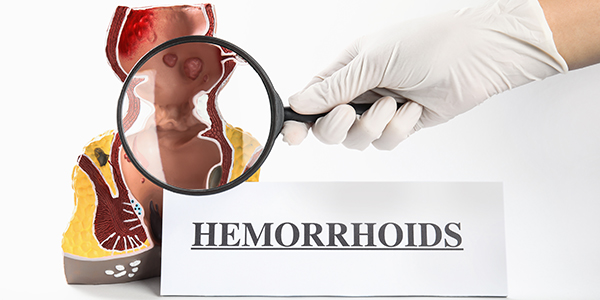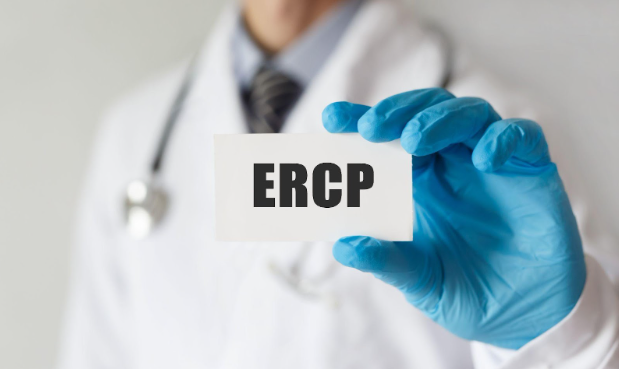
Tips for a Healthy Digestive System
June 1, 2023
5 Questions to Ask Your Gastroenterologist
June 15, 20234 Essential Questions to Ask Your Hemorrhoid Doctor in New York City, NY
Dealing with hemorrhoids can be uncomfortable and distressing, but seeking the right medical help can make a significant difference in managing this condition. If you're in New York City and are considering consulting a hemorrhoid doctor, it's essential to come prepared with the right questions to ensure you receive the best care and treatment for your specific needs. Here are four crucial questions to ask your hemorrhoid doctor:

What Are the Treatment Options Available?:
Understanding the range of treatment options available for hemorrhoids is crucial. Hemorrhoid treatment can vary depending on the severity of your condition. Ask your doctor about both non-surgical and surgical options. Non-surgical treatments may include lifestyle modifications, topical creams, and minimally invasive procedures like rubber band ligation or sclerotherapy. Surgical options could involve hemorrhoidectomy or newer techniques like stapled hemorrhoidopexy (PPH). Your doctor should be able to explain each option's benefits, risks, and expected outcomes.
What Experience Do You Have in Treating Hemorrhoids?:
It's important to know your doctor's experience and expertise in treating hemorrhoids. Inquire about their background, qualifications, and the number of hemorrhoid cases they have successfully treated. Experienced hemorrhoid specialists will have a deeper understanding of the condition and its nuances, leading to more accurate diagnoses and effective treatment plans.
Can You Provide Personalized Treatment Recommendations?: Hemorrhoids can vary in severity and individual response to treatments. Your doctor should assess your specific situation and provide personalized recommendations tailored to your needs. Ask about the factors they consider when determining the most suitable treatment plan for you. A personalized approach increases the likelihood of successful outcomes and better symptom management.
What Can I Do to Prevent Recurrence?:
Preventing hemorrhoid recurrence is essential to maintaining your overall well-being. Ask your doctor about lifestyle modifications and habits that can help prevent future flare-ups. Dietary adjustments, staying hydrated, maintaining regular bowel habits, and avoiding prolonged sitting can contribute to preventing hemorrhoids from returning. Your doctor can provide guidance on sustainable changes to incorporate into your daily routine.
Frequently Asked Questions (FAQs)
Are hemorrhoids dangerous?
Hemorrhoids are generally not dangerous, but they can cause discomfort and inconvenience. Seeking medical attention is important to manage symptoms and prevent complications.
What are the common symptoms of hemorrhoids?
Common symptoms of hemorrhoids include itching, pain, bleeding during bowel movements, and a sensation of a lump or swelling around the anus.
Is surgery the only option for treating hemorrhoids?
Surgery is not always necessary for treating hemorrhoids. Non-surgical treatments like lifestyle changes, creams, and minimally invasive procedures are often effective. Surgery may be considered for severe cases.
Can hemorrhoids be prevented?
While some factors may predispose individuals to hemorrhoids, certain lifestyle changes can help prevent them. These include maintaining a healthy diet, staying hydrated, avoiding straining during bowel movements, and regular exercise.
How long does it take to recover from hemorrhoid surgery?
Recovery time after hemorrhoid surgery can vary based on the type of procedure performed. Minimally invasive procedures typically involve shorter recovery periods compared to traditional surgical methods.
In conclusion, when consulting a hemorrhoid doctor in New York City, asking these essential questions can help you make informed decisions about your treatment and overall well-being. Remember that open communication with your doctor is key to receiving the appropriate care that meets your specific needs and helps you effectively manage your hemorrhoid condition.



